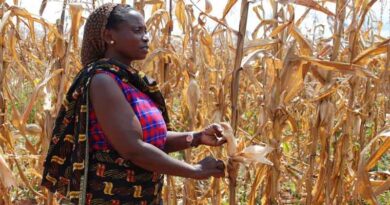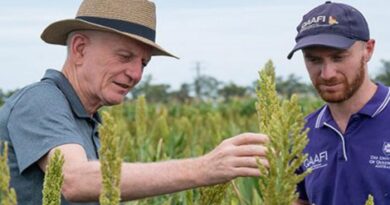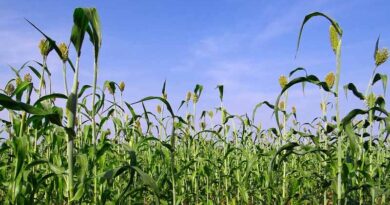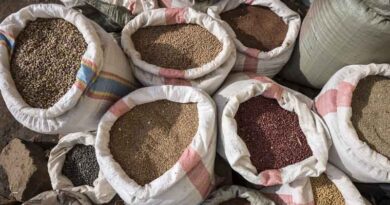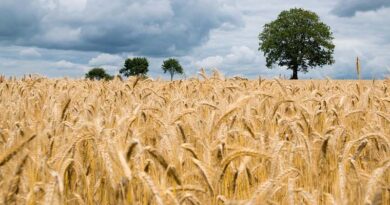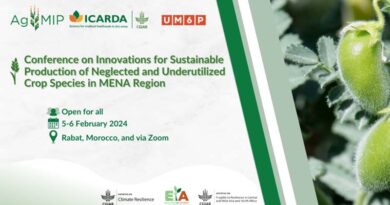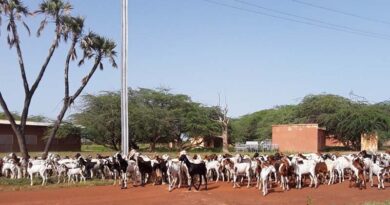Genetic Diversity and Population Structure of African Sorghum (Sorghum bicolor L. Moench): Accessions Assessed through Single Nucleotide Polymorphisms Markers
Genetic Diversity Holds the Key to Future Crop Improvement
04 August 2023, Africa: Scientists have uncovered the genetic secrets of African sorghum (Sorghum bicolor L. Moench), a staple crop widely grown by smallholder farmers across the continent. The research, conducted by a team of experts, aimed to evaluate the genetic diversity and population structure of sorghum, yielding exciting findings that could revolutionize sorghum breeding programs and increase food security.
Sorghum is a vital crop for millions of farmers and is highly valued for its resistance to a variety of environmental challenges, including climate unpredictability. Despite its significance, sorghum yields in Africa have been declining for decades. With climate change posing a threat to agriculture, it is crucial to unlock the crop’s genetic potential.
The study, led by scientists from the Institute of Agricultural Research (IAR), the African Centre for Crop Improvement, and the International Maize and Wheat Improvement Center (CIMMYT), analyzed 200 accessions of sorghum from West Africa, including local landraces and elite breeding lines. Utilizing cutting-edge molecular markers known as Single Nucleotide Polymorphisms (SNPs), the study investigated the genetic diversity of these varieties.
The research findings showed a broad range of genetic diversity among the sorghum accessions, indicating the presence of distinctive traits that could be utilized for crop improvement. This diversity is essential for the development of novel gene pools and sorghum genotypes that are more resistant to environmental stresses and produce higher yields.
The researchers identified four major clusters of sorghum accessions with significant genetic diversity. These clusters offer promising opportunities for crossbreeding diverse varieties to produce hybrids that are even more resilient and productive. Understanding the genetic diversity of these varieties will allow farmers to cultivate more resilient and higher yielding sorghum crops, which is essential for enhancing food security in Africa.
The traditional varieties of sorghum landraces cultivated by smallholder farmers exhibit a high degree of diversity and adaptation to a variety of environmental challenges. This diversity can be utilized to develop sorghum varieties with enhanced characteristics, such as increased yield, drought tolerance, and disease resistance.
The research also revealed fascinating insights into farmers’ seed exchange practices, in which genetic material is traded and shared, resulting in a dynamic mixing of seeds and genetic interactions across regions.
This research provides crucial insights into the genetic potential of sorghum, showing exciting possibilities for Africa’s agriculture. As climate change continues to pose challenges to agriculture, the genetic diversity of sorghum offers hope to millions of people in Africa for building resilience and ensuring food security.
Also Read: The rise of India’s population and the rise of the technologies to feed it
(For Latest Agriculture News & Updates, follow Krishak Jagat on Google News)


